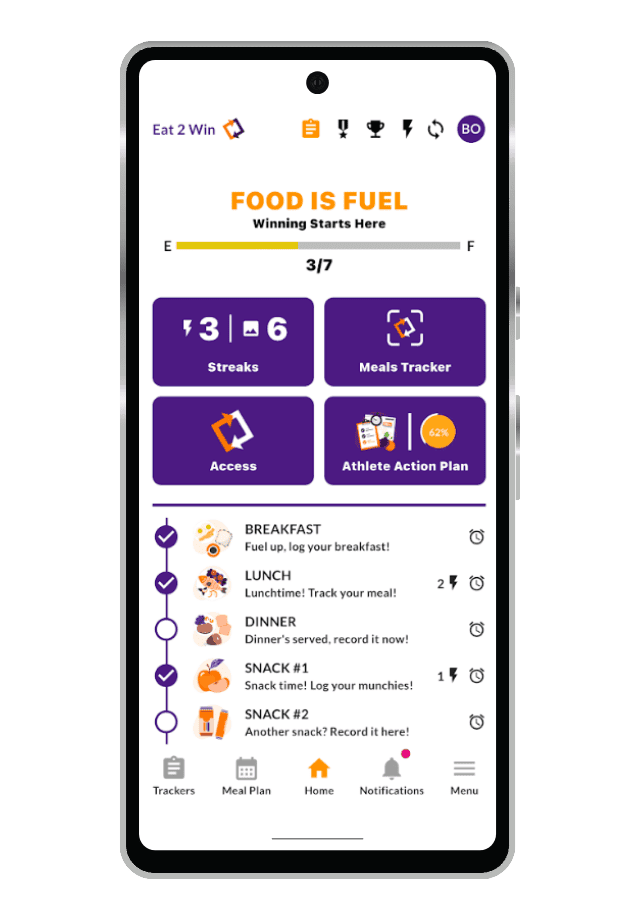Next Level Podcast with Host Tavis Piattoly, MS, RD, LD
- produceforperformance-converted00:00

Leslie J. Bonci, MPH, RD, CSSD, LDN
Owner of Active Eating Advice, a nutrition consulting company. She is the nutrition consultant for the Kansas City Chiefs, Carnegie Mellon University athletics and the Pittsburgh Ballet Theater.
Leslie J. Bonci, MPH, RD, CSSD, LDN, is the owner of Active Eating Advice, a nutrition consulting company. She is the nutrition consultant for the Kansas City Chiefs, Carnegie Mellon University athletics and the Pittsburgh Ballet Theatre. She was previously the sports dietitian for the Pittsburgh Steelers, Pittsburgh Pirates, Pittsburgh Penguins, Toronto Blue Jays, the Washington Nationals and the WNBA. Leslie is the author of Sport Nutrition for Coaches and a former spokesperson for the Academy of Nutrition and Dietetics. She is an adjunct instructor in the school of dental medicine at the University of Pittsburgh and lectures extensively at universities and corporations. Leslie is a paid partner of Potatoes USA.
In this Podcast you will Learn:
- What are plant-based diets and how should you advise your athletes on them?
- Why should athletes increase the amount of vegetables in their diet?
- What vegetables may help reduce inflammation?
- How do vegetables support the healing and/or recovery process?
- How do you help athletes understand the importance of eating vegetables and help them incorporate more into their diets?
- How can parents be creative when it comes to helping their younger athletes eat more vegetables?
- What are the key nutrients in potatoes that help fuel performance?
- Is there a nutritional difference between white potatoes and sweet potatoes?
- What special potato recipes or preparation styles can athletes try to fuel their bodies?
- Are there health and performance benefits of transitioning from a meat-based diet to a plant-based diet?
- Is it more difficult to get adequate protein when following a plant-based diet?
- What are some of the best sources of protein if someone decides to go vegan or strictly plant based?
- Are there any concerns with an athlete going plant-based?
Podcast Transcript
1:33 Introduction to PotatoesUSA
- Today's webinar is sponsored by PotatoesUSA!
- There’s another webinar on our website that we just did with Leslie Bonci on potatoes and plant based diets and athletic performance.
2:27 Leslie Bonci Background
- Owner of active eating advice, a nutrition consulting company.
- The nutrition consultant for the Kansas City Chiefs, Carnegie Mellon University athletics, and the Pittsburgh ballet theater.
- She was previously the sports dietitian for the Pittsburgh Steelers, Pittsburgh Pirates, Pittsburgh Penguins, Toronto Blue Jays, the Washington Nationals, and the WNBA.
- Leslie is the author of sports nutrition for coaches, and a former sports spokesperson for the Academy of Nutrition and Dietetics.
- Leslie is also an adjunct instructor in the school of dental medicine at the University of Pittsburgh, and lectures extensively at universities, and corporations.
- Lastly, Leslie is also a consultant for potatoes USA.
3:25 How do you manage all your commitments?
- Bringing food, so she does not have to deal with what happens in the airports, and trying to find time to exercise.
- When the guys are on the field there is time to be able to get caught up on other things, so you know mission accomplished all the way around now they just have to do their part.
4:33 Do you travel weekly to Kansas City from Pittsburgh?
- Yes, but she does not go to games with them.
- Leslie describes how her being there 2 days/week works well because she doesn't wear out her welcome and the players respond and that's the way it should be.
5:39 Are your athletes asking you about the content in the documentary, Game Changers? If so, how are you currently advising them?
- Going totally plant-based can be done, but it also requires some guidance. It is very difficult for people to just do that on their own. It is not just what you eliminate off the plate, but what you are going to put back to replace it
- Related to game changers in particular it has the shock value, fear factor, all those types of things. And the problem is, it's a little bit too extreme, it's a little bit too much thrill without the science behind it.
7:20 What is the primary reason athletes should increase their consumption of vegetables?
- The vitamin and mineral content, the phytos or the phytonutrient content as well as the microbes that are in vegetables have a role to play in terms of supporting a healthy gut and our microbiome.
- In addition to that, the fiber that's in vegetables, the “fill up not fill out” factor in vegetables for those athletes who need to be body conscious
- Vegetables are another source of fluid, so you know all those things are really important
8:44 Are there certain foods that can reduce inflammation? If so, what are they?
- Beets is a food that either people really like or they really don't like. My athletes like to eat beets when I put them into a smoothie or shred them into a salad.
- Leafy greens for sure
- Tomatoes and we can get those all year long - we can have them canned, or we can have them fresh.
- These are the ones right now that tend to be concentrating the research and there are also a few fruits- berries, pomegranates, tart cherries, where the research is stronger in terms of the benefit they confer for decreasing inflammation.
10:35 Can you touch on the role vegetables plan in the recovery process? How do you translate this message with your athletes?
- One of the things that vegetables provide to the body is the antioxidants. Antioxidants help to reduce inflammation. Vegetables also contribute additional vitamins and minerals, fiber.
- Fiber is important for all athletes, but it is really important for injured athletes as they might not be moving as much, and so they might have unexpected bowel issues.
- It is also important to keep the gut healthy and the bringing of extra fluid into the mix through vegetables can assist
- Lastly, athletes that are injured think “I don't want to gain weight” during this period of time and so upping the vegetable quota on the plate provides the fill without excess calories, so that can be a good way of helping somebody to keep their weight where they need to.
12:20 Do you find it challenging to get your athletes to understand the importance of eating vegetables? What do you do to help your athletes incorporate more vegetables into their diet?
- If you could package vegetables up into a fruit loop it would probably be a wonderful thing, but veggie loop doesn't sound nearly as appealing to do that and so I'm a very big believer in you start with the familiar. A lot of people say you don't want to hide the health, but honestly if that increases the intake factor it's fine.
- For getting more vegetables in: adding pumpkin to oatmeal, putting veggies in smoothies because basically if it's in a blender even if it looks like pond scum it's OK, and that gets consumed. Finding creative ways to present veggies, like jello shots with vegetables - if it has a cool name, and it looks kind of fun, that increases the ante.
- The other thing Leslie brings up is the idea of flavor-flavor. Looking at something that's crunchy and flavorful, and roasted and grilled, all those types of things increase the intake factor because it looks good and it tastes great.
14:27 Do you have any tips or suggestions for parents regarding incorporating vegetables into other foods for their kids? How do we get vegetables to taste better?
- Mixing the two together such as a mashed potato with some cauliflower in it, or even using riced cauliflower with rice itself is going to be a two for two, or veggie noodles mixed with a regular pasta noodle that gets some vegetables in.
- Another option is to add the vegetables to the food itself, so into the meatball, into the Taco, into the spaghetti sauce, into the meatloaf, pureeing beans and putting them into a marinara sauce.
- Lastly, dips can be utilized (adding spinach, carrots). They work really well and could even be served with something like sliced potatoes as a dipper. With this we are double-dipping so to speak to get the benefit on both sides - the dipper and the dip
18:29 How do potatoes fuel performance? What are some of the key nutrients in a potato?
- Potatoes are self-contained. They're also incredibly easy to cook, they can easily be eaten alone and put other things with them.
- When looking at a medium skin-on white potato (about 5 ounces) - it's only 110 calories. It has three grams of protein, and 26 grams of carbohydrate, which is really important for exercise. In addition, it has 2 grams of fiber and also 620 milligrams of potassium.
- Potassium is a shortfall nutrient. Incorporating potatoes is a really easy way to get that necessary potassium that we need. There’s also 27 milligrams of vitamin C in a potato this size, and that's another one that people don't always get enough of everyday.
19:46 What are some of the biggest differences between a white potato and a sweet potato?
- When you are comparing them for a comparable size white versus sweet potato, the calories are about the same, 110 in the white and 100 in the sweet. There's one gram of sugar in a white potato, there's 7 grams of sugar in a sweet potato. The protein content is 3 grams in a white, two in the sweet.
- The major difference is that the vitamin A is 0% in a white potato, it is 120% in the sweet.
- The vitamin C content is lower in the sweet potato than the white, the carbohydrate content is a little bit lower in the sweet potatoes and the white, the potassium is about 200 milligrams lower in the sweet than the white and it also the sweet has a little bit more fiber.
22:25 How are your athletes fueling with potatoes? Do you have any special potato recipes?
- We offer potatoes on the breakfast line every morning - sometimes hash Browns, sometimes it is potato wedges. At lunch we do oven baked fries, sometimes we make these little tiny potatoes, and some of them have a Buffalo dip flavoring, some of them have a ranch dressing flavoring.
23:37 Are there any specific health benefits for those transitioning from a traditional meat based diet to a more plant based diet?
- For one, you will up your fiber and fluid intake. You will also increase your intake of phyto-nutrients, the plant nutrients and all the things that go along with that - the antioxidants, the Poly phenols etc.
- You are increasing the versatility on the plate, which not only has benefits for the body, but specifically benefits the microbiome and potentially reduces disease risk. We've seen that in a lot of the studies that have looked at plant based diets - lower risk of heart disease, lower risk of the development of type 2 diabetes, and even lower blood pressure, and lower risk of cancer in particular types of cancers.
24:58 Comment from Leslie regarding meeting protein needs on a plant-based diet
- When relying on plant-based protein sources, we want to make sure that quality is taken into consideration. For example, we have to have enough leucine at every meal because leucine (the amino acid) is most responsible for muscle protein synthesis.
- While yes you can do that with lentils, yes you can do that with even nuts and seeds and soy, sometimes the quantity required is that much more - that's not impossible it's just something to be aware of.
- When it comes to plant based proteins we really have to make sure that the quantity is adequate.
- The other consideration is if somebody goes fully plant-based, sometimes their calories go down, and with athletes that need to maintain a high weight you can't just do that with carrots alone. Potatoes are a great way of helping, so if somebody is going to do a veggie stir fry put a potato in there to provide more calories and those necessary carbs and even a little bit more protein as part of that eating occasion
26:33 What are some of the best sources of protein for vegan, vegetarian, or plant-based/forward individuals/athletes?
- On that list absolutely is beans (not green beans), but mature beans such as kidney, cannellini, black beans, Pinto beans, garbanzos, lentils etc.,
- Soy foods, such as edamame, tofu, tempeh, a veggie burger made from soy, there are also a lot of other meat alternates right now some that are made from pea protein, all the veggie burgers on the marketplace, even the ones made from Mycoprotein like Quorn that's another one to be able to choose from.
- Nuts and seeds
- Grains as another protein source, if you don't have to take the gluten off the plate, don't, because that's the protein in the wheat, rye, barley, and oats.
- Eating from each and every one of those categories can be a way to ensure that somebody is going to get enough protein.
28:15 Are there any concerns with athletes who are wanting to go plant-based? Are there any vitamins or minerals of concern for individuals who may be following a vegan or vegetarian diet?
- Well we hope in our optimistic way, that when somebody goes plant- based they’re actually eating enough plants, and unfortunately that isn't always the case. They could be in deficit by virtue of not eating enough plants, but also because when we're taking animal based foods off the plate, then we really have to up the ante of the plant based foods to get the needs met.
- Micronutrients that we’re most concerned about are calcium, iron, zinc, Iodine, vitamin E, vitamin D and vitamin K
30:36 Favorite Food?
- There is more than one. It is cheese in any way shape or form, and wine. I have to say those two are my absolute favorites
30:48 Favorite place to visit?
- Italy because of what I just said to you, cheese and wine. You can't go wrong any area of Italy, believe me I've researched it all
31:23 Interesting fact about you?
- When I was growing up I actually danced, and I still do in a lot of ethnic performing groups. It's been a part of my life for a long time from Israeli to Bulgarian to Ukrainian and everything in between, I can definitely entertain people. Give me karaoke, give me a pair of boots. I'm on the stage.
31:48 Leslie thanks + Potato USA thanks
- Join team potato at teampotato.com, this is a community of people that have two things in common: they enjoy potatoes and they wanna do their personal best at whatever athletic activity they participate in. So again, I want to thank PotatoesUSA for the time, Leslie I wanna thank you for the time, I really appreciate the time, it was great catching up, and It was great in going over this information.
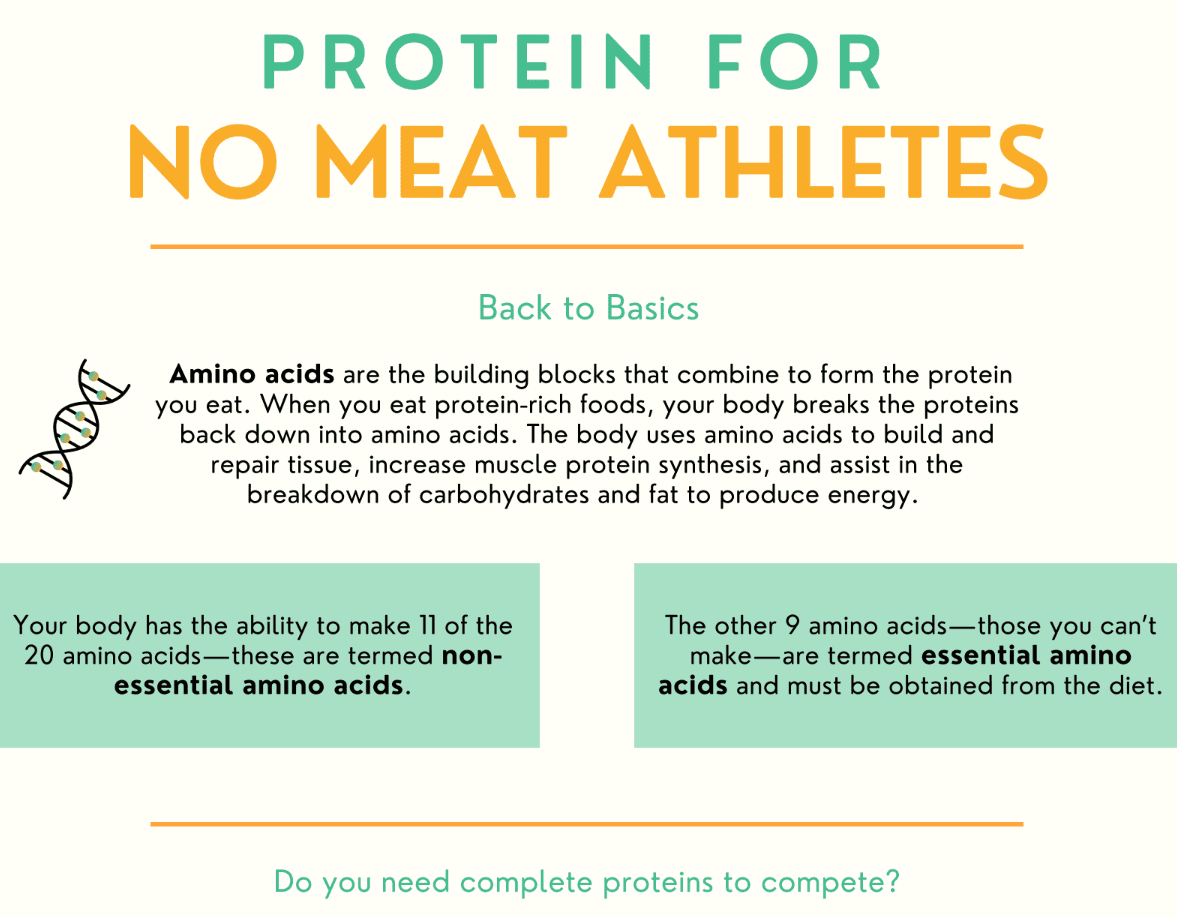
Eat 2 Win Nutrition App
Fuel the Champion Within
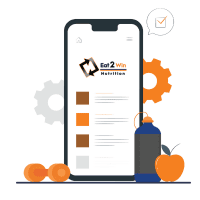
Trackers
Stay on target with cutting-edge trackers that monitor every step of your journey, ensuring you never miss a beat.
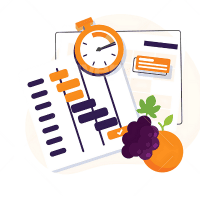
Meal Plan Guides
Simplify your nutrition with easy-to-follow, personalized meal plans that fuel your performance.
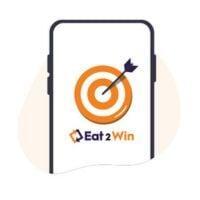
Gamification
Stay motivated and engaged by earning rewards and climbing leaderboards as you hit your fitness and nutrition goals.

Access a Sports Dietitian
Get expert guidance and personalized support from a certified Sports Dietitian whenever you need it.
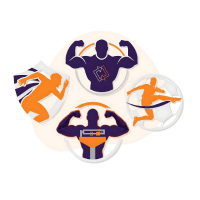
Personalized Programs
Unlock your full potential with personalized programs meticulously crafted to match your unique lifestyle and fitness aspirations.

